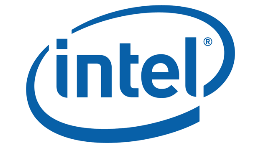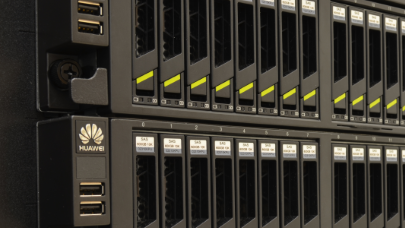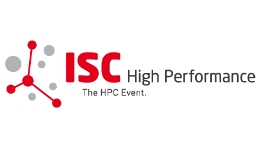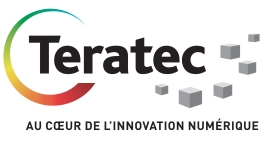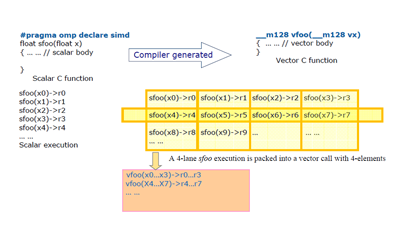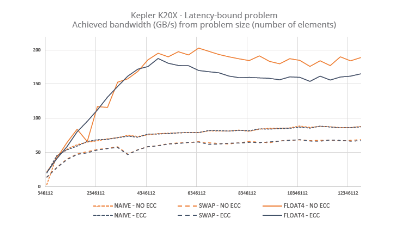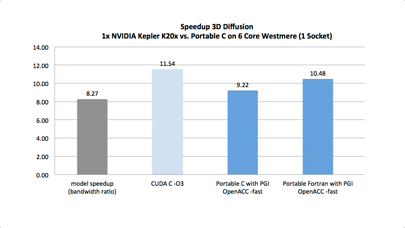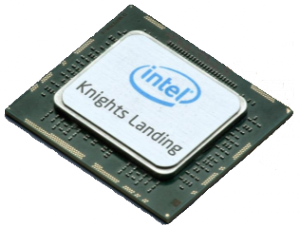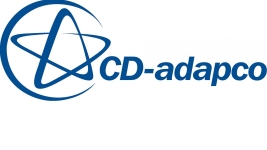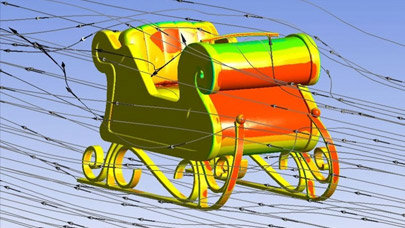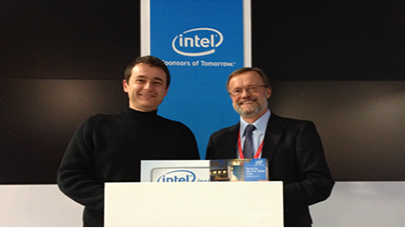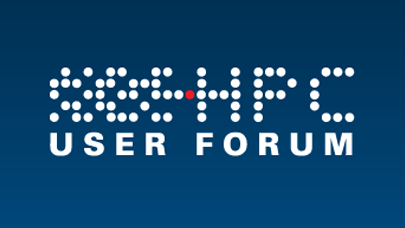Big Data tends to be uttered in the same breath as business – a lot of air is spent by experts talking about the commercial benefits of leveraging customer data. But at IDF in San Francisco, Intel has given a glimpse of how large-scale data analysis could make a real change to people’s health, potentially revolutionizing the treatment of diseases such as cancer and Alzheimer’s.
During a session on the Internet of Things (IoT) and Big Data, Intel revealed a new collaboration with Oregon Health & Science University (OHSU) on a way to bring greater precision to the treatment of cancer.
The platform, called the Collaborative Cancer Cloud, will allow hospitals and research institutions to share important patient data to bring about precise individual healthcare.
At the heart of the new system is genomic data, which involves the sequence of an individual’s DNA. Genomic data is key for creating precise treatments for cancer, but the length of time it takes to order and communicate this data is insufficient. Universities do not currently have the computing resources or infrastructure to efficiently share genomic and clinical data. The Collaborative Cancer Cloud aims to solve this problem by allowing institutions to analyze data in a distributed way.
Genomic analysis in just one day by 2020
During the presentation Eric Dishman, Intel’s general manager of of Health & Life Sciences, was brought on stage to speak about the platform. Dishman is a cancer survivor, and spoke about how genomic analysis led to him being cured of cancer after 23 years of suffering from the disease.
“It took 23 years to develop a personalized treatment for Eric,” said Dr Brian Druker, a leading researcher at OHSU. “We should be able to do this in one day.”
Intel’s aim is to make the treatment Dishman received possible in as little as one day by 2020. A key step in this direction is creating a way for researchers to communicate the vast quantities of genomic, imaging and clinical data, initially between OHSU and universities in Boston and Texas.
Another important benefit to the Collaborative Cancer Cloud is the system’s alleged security. Diane Bryant, senior vice president and general manager of Intel’s Data Centre Group, said during the presentation that information is wiped from the platform after being shared by researchers, preventing confidential information from being misused.
Open source platform
Bryant went on to announce that the Collaborative Cancer Cloud will be open source, which is intended to allow analytics across a broader set of data and lead to greater insights for personalized healthcare.
“Each year millions of people all over the world, including more than one million patients in the United States, learn that they have a cancer diagnosis,” said Eric Dishman in a statement. “Instead of going through painful chemotherapy that can kill healthy cells along with cancerous cells, what would happen if those patients were able to be treated as individuals based on their specific genome sequencing, and a precision treatment plan could be tailored specifically for their disease? And what if it could happen within 24 hours?”
The implications for this platform extend beyond cancer treatment, towards any disease that encompasses genomics. This means it could be also be used to help treat Alzheimer’s, autism and diabetes. This is enormous, and is a hugely encouraging indication of the positive societal applications of Big Data.
© HPC Today 2024 - All rights reserved.
Thank you for reading HPC Today.

